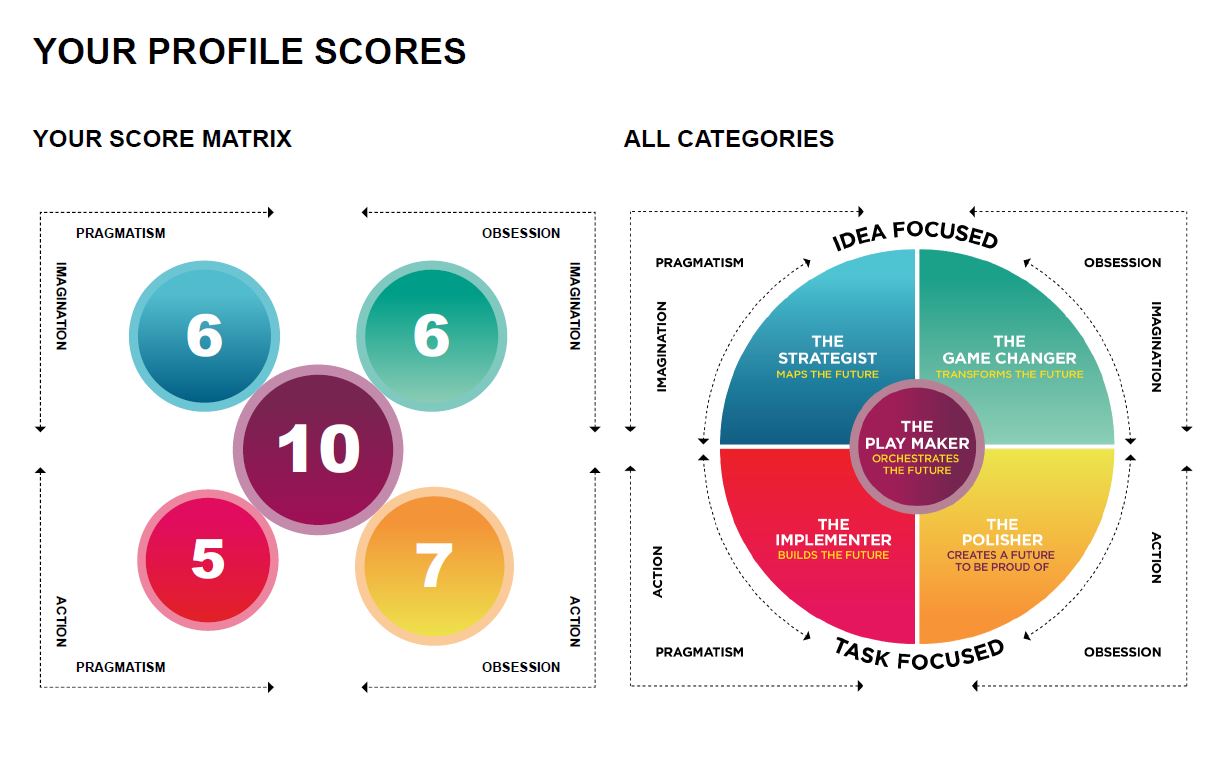16 December, 2024
How to gain client trust.
Creative ideas are, by their very nature, explorations into the unknown. They can range from something as straightforward as a new colour scheme to a complex strategy aimed at generating additional revenue for your client. For your clients to embrace and ‘buy’ these ideas, they need to trust you.
Trust is the foundation of decision-making. Trust is necessary for clients to take the risks associated with implementing new and unproven ideas. Here’s why trust is imperative when selling creative concepts:
- Emotional Decision-Making: Decision-making is inherently emotional. The ventromedial pre-frontal cortex, the part of the brain responsible for decision-making, needs to be free from fear to function effectively. Environments of fear and mistrust inhibit this process, leading to less favourable outcomes. Thus, building an atmosphere of trust is crucial for fostering positive decisions.
- Confidence in Decisions: Clients are more likely to buy into ideas when they feel confident about their decisions. This confidence is a subjective feeling that stems from trust. When clients trust you, they are more likely to feel secure in the choices they make, leading to greater acceptance of your creative proposals.
- Backing Ideas with Evidence: One effective way to build trust is to back your creative ideas with scientific evidence or data. For example, presenting a new menu design backed by ‘menu science’ can lend credibility to your proposal. This approach not only builds trust but also provides an objective foundation for your ideas, reducing the likelihood of subjective and potentially frustrating feedback.
- Demonstrating Expertise: Showcasing your expertise through workshops or masterclasses can also enhance trust. For instance, after successfully presenting a scientifically-backed menu design, offering a Menu Design MasterClass for the entire company can position you as an authority in your field. This not only solidifies the client’s trust in your capabilities but can also open up additional opportunities for collaboration.
- Creating a Collaborative Environment: Trust fosters collaboration. When clients trust you, they are more likely to be open, transparent, and willing to work together towards a common goal. This collaborative spirit can lead to more innovative solutions and a stronger partnership.
- Mitigating Risks: Trust helps in mitigating perceived risks. When clients trust that you have their best interests at heart and that you possess the necessary expertise, they are more willing to take calculated risks. This is particularly important in creative fields where the outcomes are unpredictable.
Building and Maintaining Trust
Building trust is not a one-time effort but an ongoing process. Here are some strategies to build and maintain trust with your clients:
- Transparency: Be open and honest about your processes, limitations, and timelines. Transparency builds credibility and trust.
- Consistency: Deliver on your promises consistently. Reliability is a cornerstone of trust.
- Empathy: Show genuine concern for your client’s needs and objectives. Empathy helps in forming strong, trust-based relationships.
- Communication: Maintain clear and regular communication. Keeping clients informed at every stage of the project builds trust and reduces uncertainties.
- Feedback: Actively seek and act on client feedback. This shows that you value their input and are committed to meeting their needs.
Trust is a critical element in selling creative ideas. It influences decision-making, fosters confidence, and creates a collaborative environment that is conducive to innovation. By building and maintaining trust through transparency, consistency, empathy, and clear communication, you can enhance your relationships with clients and increase the likelihood of your creative ideas being embraced and implemented.





